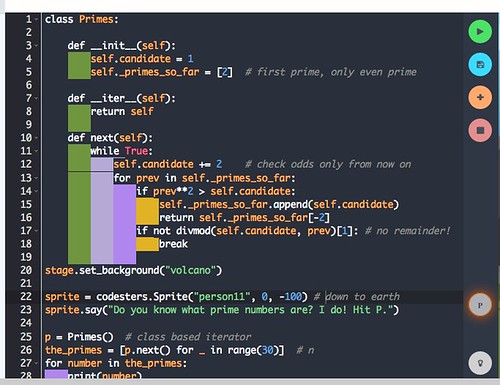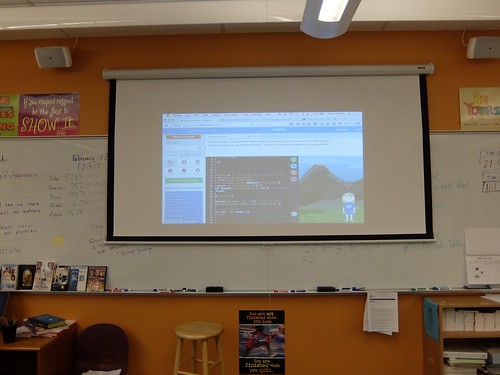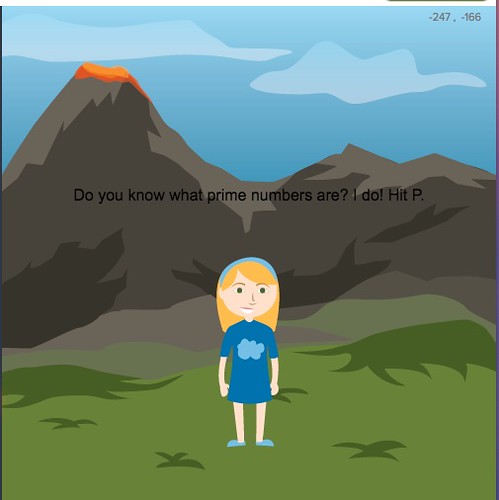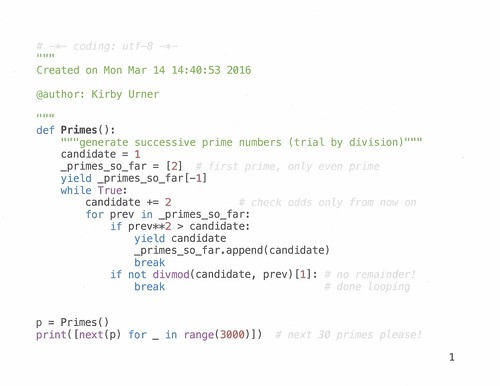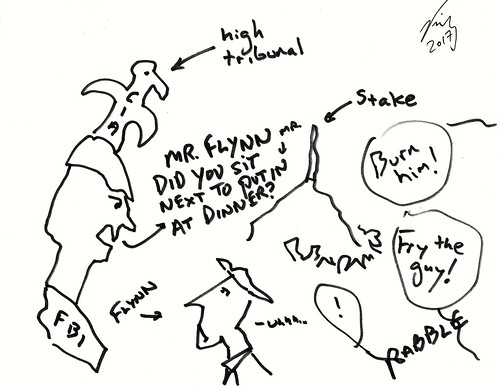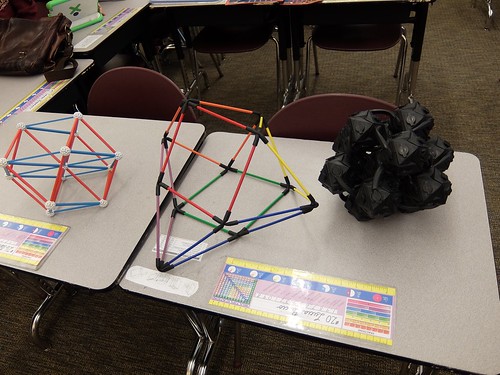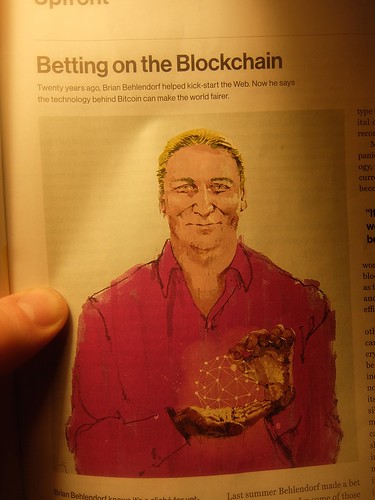Patrick was kind enough to give me a heads up about the Ninkasi Festival at Belmont Station. I had the Greg Palast movie to return, so headed out on foot by Movie Madness. Although this tap room and retail establishment started out near to Horse Brass on Belmont (hence the name) as retail only, it moved to Stark Street, just a block down from the Quaker meetinghouse.
I've met with Friends at Belmont Station quite a few times, sometimes to go over math concepts, as I'm known to float around in math tutor space. However this time I was sharing perspectives with Patrick about some hefty RFPs he's been looking at (Requests for Proposals). I've been looking at them as well.
Before November of last year, I was hell bent on ramping up professional development classes for Portland teachers. I got the idea from doing PD for Californian IT workers, in a program geared for the already-employed.
My venue, I hoped, might be a neighborhood community center, a church with a lot of floor space. The idea still haunts me, however Measure 97 didn't pass, and even if it had, there's no consensus that teachers want or need PD from the likes of myself or Patrick. We bill ourselves as Python mentors, based on some years with the O'Reilly School of Technology, plus other gigs. Between us, Barton and I have quite a bit of experience.
Glenn and I work on the Global Matrix stuff, which overlaps in that we're looking to display global data using the age-old hexagonal grid motif, with twelve pentagons in the mix. These threads are not unrelated, in light of HP4E, one of my longest running media campaigns ("Hexapents for Everyone").
The Trimet Trip Planner said I could be at PDX Code Guild if I made it to Glisan, north of Stark, passed Burnside, by 6:24 or so, and I did, having only the one Ninkasi thanks to my host. The bus 19 took me within a couple blocks of 2626 SW Corbett, no transfer needed. Pretty nifty.
Sheri said she was baking cookies just for me (I think she'd seen on Twitter that I was making my way there). I caught up a little with Ben and collected the T-shirt I'd ordered from one of the other code schoolers some months back. The purpose of Flying Circus in part is for experts to huddle with novices and help them through hurdles. I got to do some of that, as an expert in both Python and JavaScript.
Wow, a modern browser sure does a lot, in terms of allowing for inspection, setting breakpoints and so on. Ben really helped a lot. Sheri knows her way around that Trimet Trip Planner developer API, or is getting there (I'd never seen it before, would like to use it more myself).
Since the voter suppression scheme revealed in the Palast movie had involved deliberately sloppy SQL, I was keen to share some of the details. Election technology, like FinTech, is a subset of IT. Code schools have a natural fascination with voting and voting technologies, especially in this age of blockchains.
I stayed late enough to need another e-Ticket to get back, not a problem. I walked down to Tillikum Crossing and hopped an Orange Line, transferring to the 4 at Clinton Street. I was back at Blue House in no time, ready for janitorial duties.
I've met with Friends at Belmont Station quite a few times, sometimes to go over math concepts, as I'm known to float around in math tutor space. However this time I was sharing perspectives with Patrick about some hefty RFPs he's been looking at (Requests for Proposals). I've been looking at them as well.
Before November of last year, I was hell bent on ramping up professional development classes for Portland teachers. I got the idea from doing PD for Californian IT workers, in a program geared for the already-employed.
My venue, I hoped, might be a neighborhood community center, a church with a lot of floor space. The idea still haunts me, however Measure 97 didn't pass, and even if it had, there's no consensus that teachers want or need PD from the likes of myself or Patrick. We bill ourselves as Python mentors, based on some years with the O'Reilly School of Technology, plus other gigs. Between us, Barton and I have quite a bit of experience.
Glenn and I work on the Global Matrix stuff, which overlaps in that we're looking to display global data using the age-old hexagonal grid motif, with twelve pentagons in the mix. These threads are not unrelated, in light of HP4E, one of my longest running media campaigns ("Hexapents for Everyone").
The Trimet Trip Planner said I could be at PDX Code Guild if I made it to Glisan, north of Stark, passed Burnside, by 6:24 or so, and I did, having only the one Ninkasi thanks to my host. The bus 19 took me within a couple blocks of 2626 SW Corbett, no transfer needed. Pretty nifty.
Sheri said she was baking cookies just for me (I think she'd seen on Twitter that I was making my way there). I caught up a little with Ben and collected the T-shirt I'd ordered from one of the other code schoolers some months back. The purpose of Flying Circus in part is for experts to huddle with novices and help them through hurdles. I got to do some of that, as an expert in both Python and JavaScript.
Wow, a modern browser sure does a lot, in terms of allowing for inspection, setting breakpoints and so on. Ben really helped a lot. Sheri knows her way around that Trimet Trip Planner developer API, or is getting there (I'd never seen it before, would like to use it more myself).
Since the voter suppression scheme revealed in the Palast movie had involved deliberately sloppy SQL, I was keen to share some of the details. Election technology, like FinTech, is a subset of IT. Code schools have a natural fascination with voting and voting technologies, especially in this age of blockchains.
I stayed late enough to need another e-Ticket to get back, not a problem. I walked down to Tillikum Crossing and hopped an Orange Line, transferring to the 4 at Clinton Street. I was back at Blue House in no time, ready for janitorial duties.




